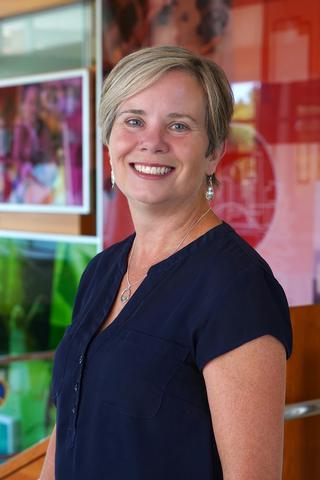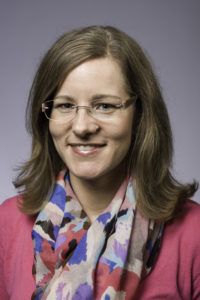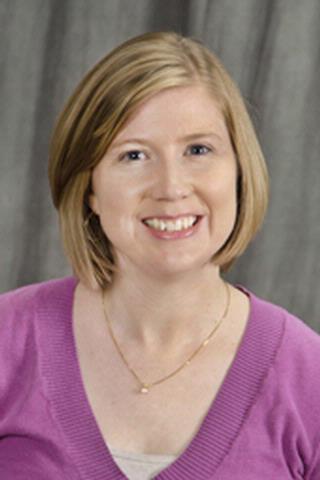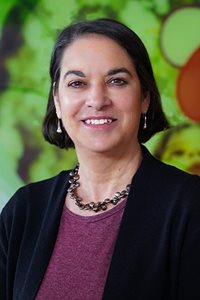ECHO FASD
ECHO FASD Flyer ECHO FASD Registration Request Additional Information
Overview of FASD
- Fetal alcohol spectrum disorders (FASD) are a group of different diagnoses all caused by alcohol exposure during pregnancy. These diagnoses are VERY common, affecting an estimated 2-5% of American children.
- Diagnoses include Fetal Alcohol Syndrome (FAS), Partial Fetal Alcohol Syndrome (pFAS), and Alcohol Related Neurodevelopmental Disorder (ARND)
- These diagnoses can be caused by alcohol exposure that happens before a woman knows she is pregnant
Symptoms of FASD in Patients
FASD affects learning, behavior and physical health. Some children have many symptoms, other children have only a few. These are SOME of the symptoms you MIGHT see.
Learning
- Developmental delays in toddlerhood or preschool years
- Average cognitive abilities, with unexplained school problems
- Memory problems
- Learning disabilities
Behavior
- ADHD symptoms that are more severe or difficult to treat
- Low frustration tolerance
- Severe meltdowns
- Poor emotion regulation
- Not learning from past experiences
- Poor social skills
Physical Health
- Growth problems
- Chronic ear infections
- Vision problems such as strabismus
- Delayed toilet training
- Low muscle tone
FASD Risk in Children in Different Demographics
Although FASD occurs in children of all races, ethnicities, and socioeconomic statuses, they are more common in certain groups. If you care for children in these settings or who have these risk factors, you may have more need to know this information.
- Children living in rural settings. Because alcohol use is known to be higher in rural than urban settings, children who live in rural areas are at increased risk
- Children who live with someone who is not their biologic parent. This includes children in foster & adoptive care, those who live with relatives or guardians, and those who live in or were adopted form institutional settings.
- Children receiving mental health services, especially those receiving more intensive care or who are in residential settings
- Children in the juvenile justice system
- Children from regions where alcohol use is increased, such as certain areas of Europe (Ireland, South Africa, Eastern European countries) and aboriginal or Native American communities.
The Importance of Diagnosis
Diagnosis is CRITICAL to long term outcome for children with FASD. Diagnosis allows families, school teams, and others to understand areas of strength and challenge for a child. This allows them to put supports in place to help. Without diagnosis, people with FASD are at high risk for secondary conditions such as mental health problems, drug & alcohol abuse, school disruption, involvement with the justice system. Currently 80-99% of people with FASD in the United States go undiagnosed.
YOU CAN MAKE A DIFFERENCE!
Overview of Our ECHO FASD Program
- ECHO FASD gives community professionals knowledge and mentorship to care for patients with FASD close to home.
- It uses an evidence-based approach to move knowledge, not people.
- ECHO FASD bridges the care gap between FASD specialists, community health care providers, and children with FASD and their families.
Benefits of ECHO FASD for Your Patients
- There is currently only one FASD Specialty Clinic in all of Upstate NY. Participating in ECHO FASD will reduce wait times, travel costs, and other barriers to care for your patients.
- More than 80% of children with FASD go undiagnosed or misdiagnosed. Not receiving a diagnosis increases risks for later life problems. Uncovering this disability can help!
- An accurate diagnosis is essential to ensuring effective treatment and community supports.
Program Details
- Weekly, 1-hour sessions for 10 weeks
- Scheduled during the lunch hour on Mondays (12 noon – 1pm)
- Participants join by secure videoconferencing
- FREE CME – up to 10 units total
- Real-time case guidance with multidisciplinary team of FASD and behavioral health experts
- Ongoing Specialist Support: Direct access to the ECHO FASD Hub Team through text, phone, email
- State-of-the-Art Training in FASD diagnostic procedures
- Access to resources and supports to benefit your patients
- Streamlined access to ongoing Developmental & Behavioral Pediatrics support
- Meet a network of other providers handling similar patient challenges
- Bridges the care gap between FASD specialists, community health care providers, and children with FASD and their families.
Benefits of ECHO FASD for your patients
- Improved recognition of symptoms that may suggest an FASD
- Rapid diagnosis of straightforward cases in local setting – reducing wait time, travel costs, and other barriers to care
- Improved ability of local providers to support children with FASD
Commitments
- Commitment to participate in virtual ECHO FASD Clinics (60-minute clinics, weekly for 10 sessions)
- Present diagnostic cases to the ECHO FASD Hub and Spoke teams
What You Need to Start
- Internet connection
- Front-facing camera, smartphone or tablet (we will provide a camera if you don’t have one available)
- Register today!
Our Hub Team
Diana Long
Parent Partner
Claudia Perez
ECHO Coordinator
This program is made possible by a collaboration with The Strong Center for Developmental Disabilities, the Division of Developmental & Behavioral Pediatrics and the University of Rochester School of Nursing



